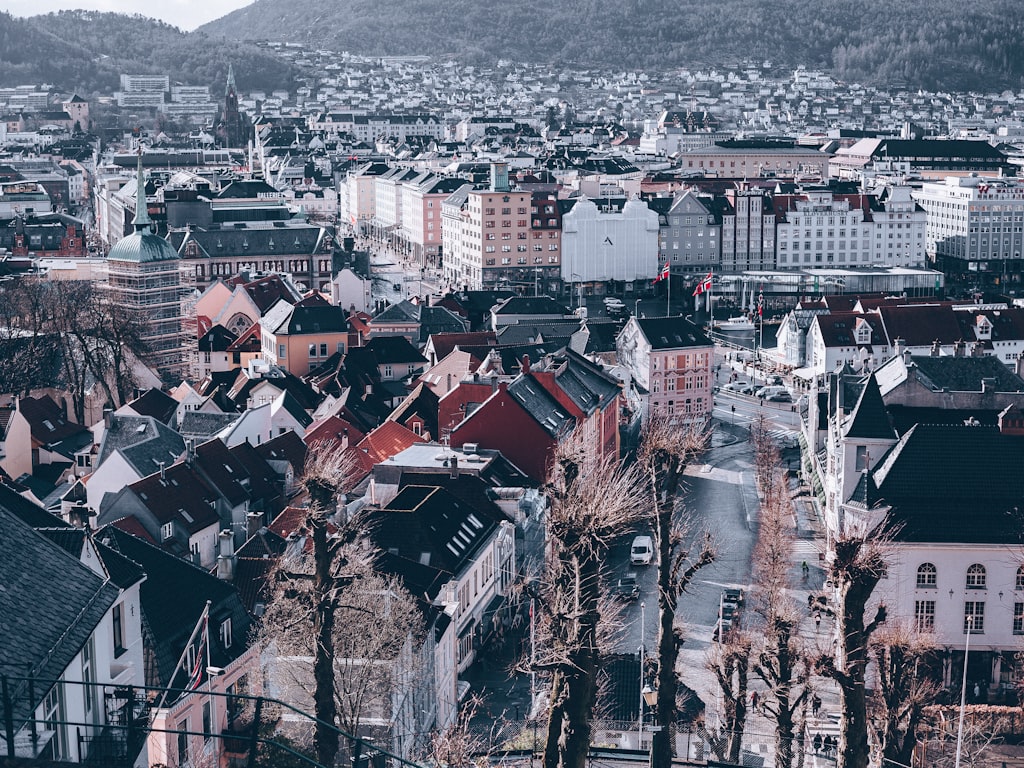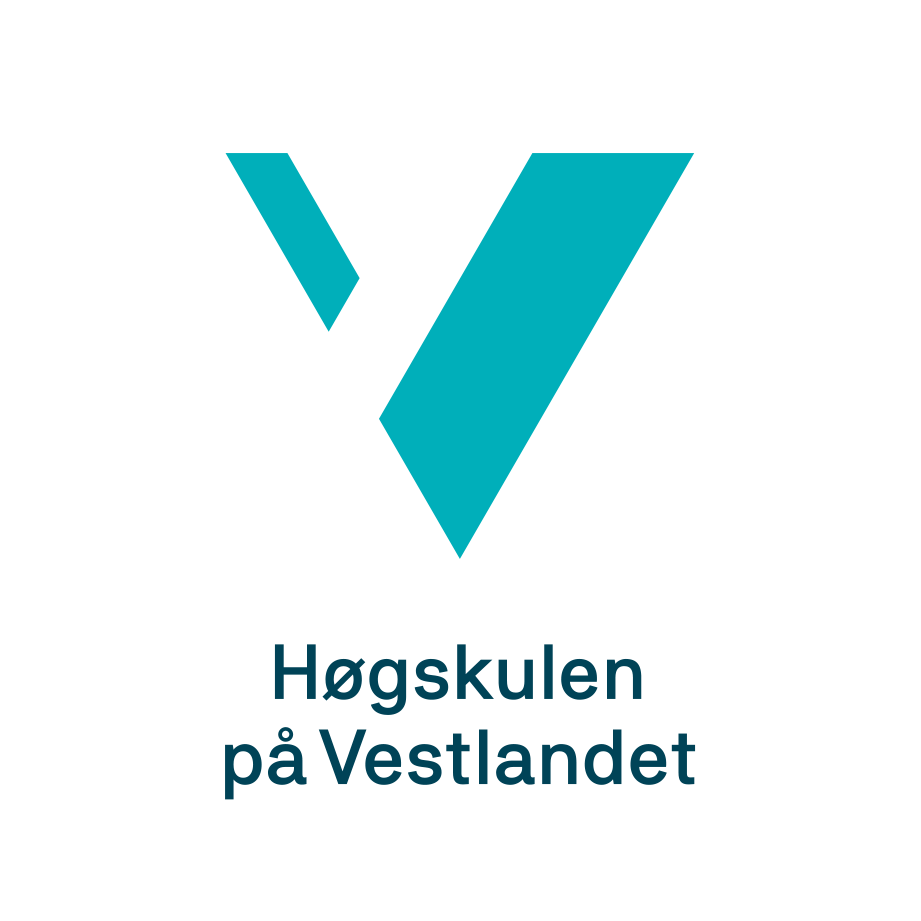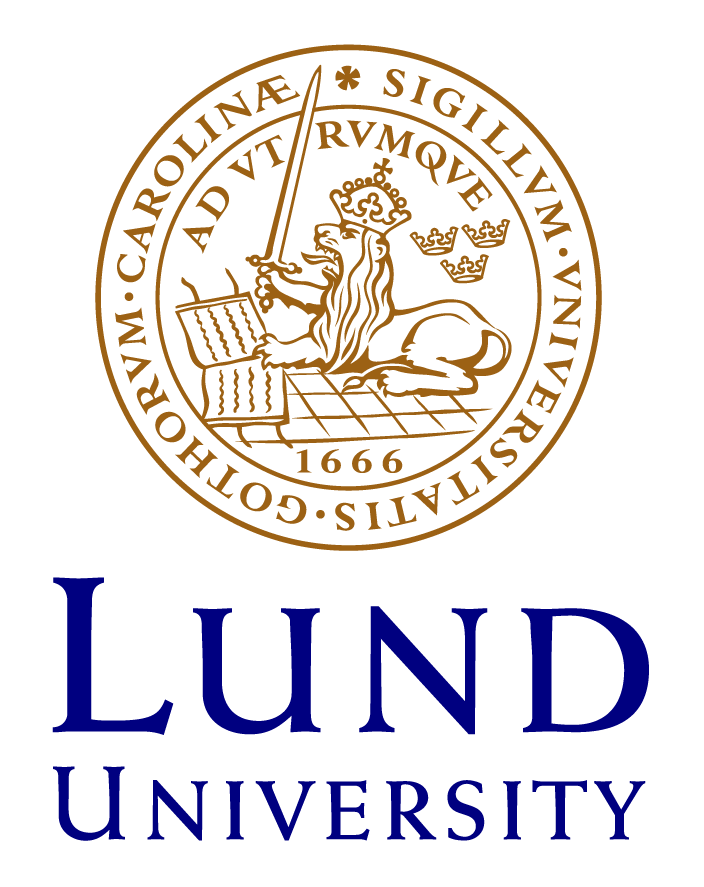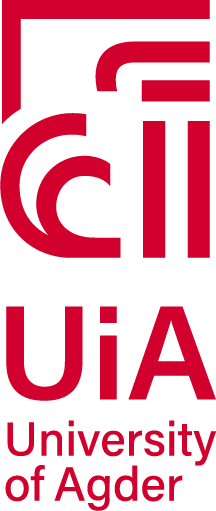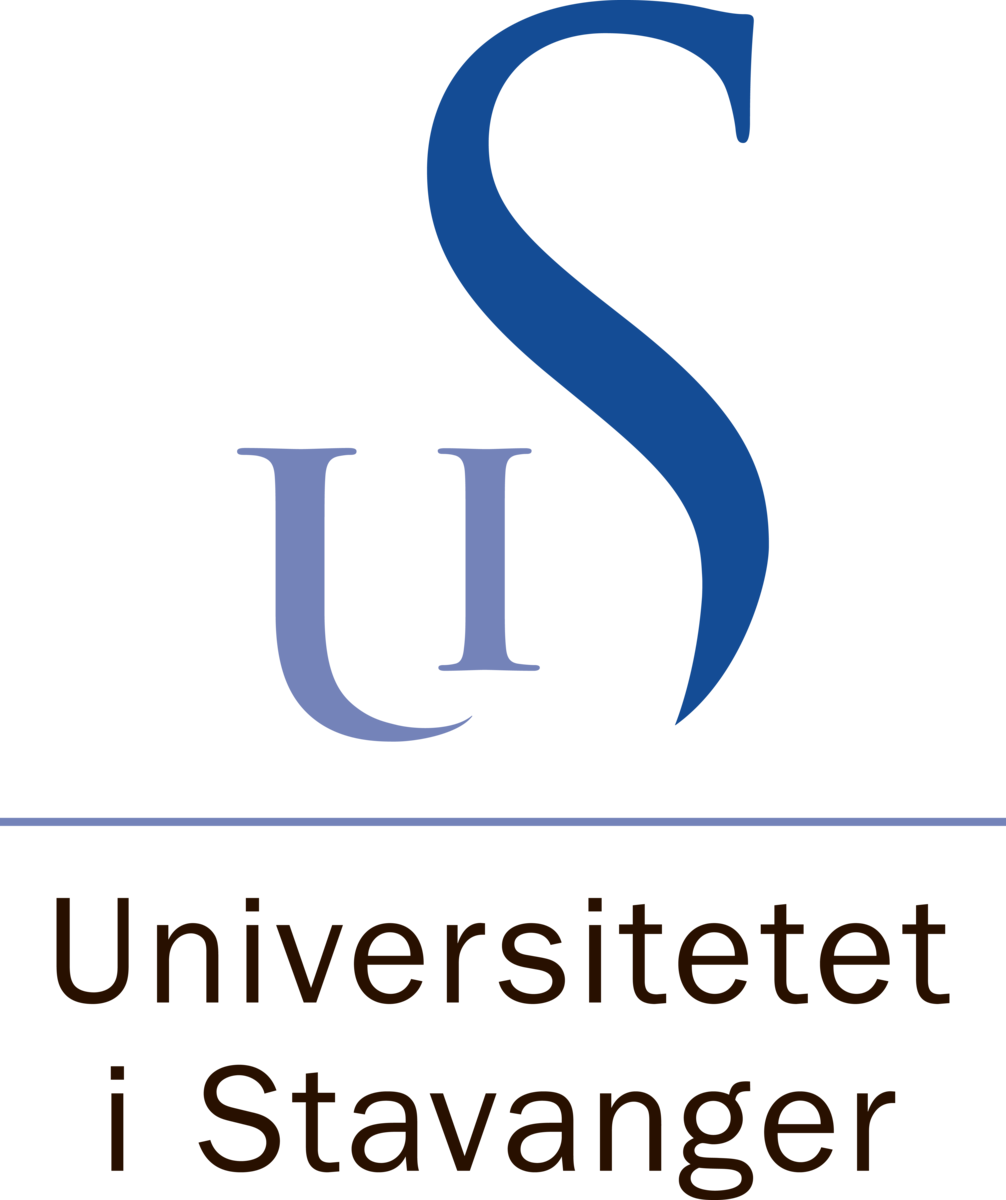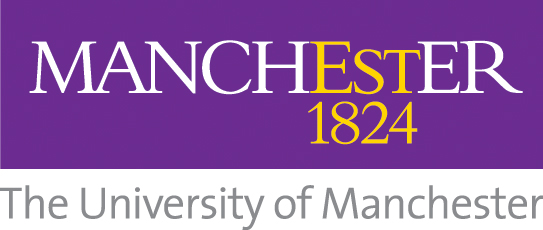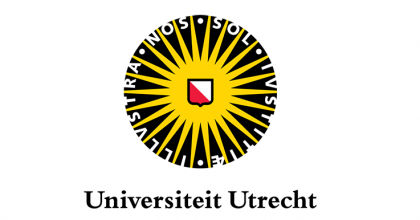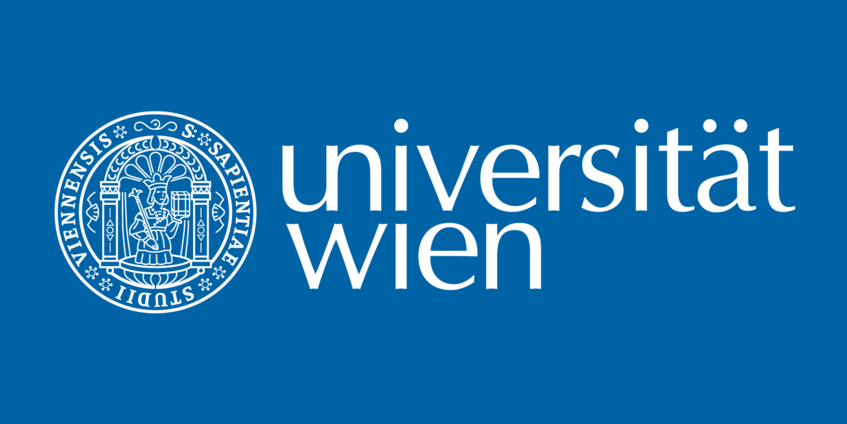The Norwegian economy is facing significant challenges as a result of the COVID-19 crisis. In this project, we will analyse how companies, industries, and regions handle these challenges. We will reveal both how companies and industries adapt during the crisis, how policy can foster new adaptations, and what type of strategies companies choose in the longer term when the situation with a global pandemic hopefully is over.
A fundamental question for our analyses will be to what extent companies and industries return to the 'old' normal after the crisis or whether they use the crisis to develop more robust strategies and adaptations. Here we are particularly concerned with how companies balance economic efficiency, environmentally friendly solutions, and socially inclusive industrial practices. For example, do companies combine the need for developing product and process innovations that are cost-effective with the broader demand for green innovations and solutions that reduce companies' carbon footprint? Will there be more emphasis on securing jobs and the company's long-term future, or do they prioritize generating profits for their owners in the short term? And finally, what new opportunities does the increasing digitalization of society provide?
The project will conduct studies of both industries and regions and combine different data sets (qualitative and quantitative). The focus will be on resource-based industries (e.g., seafood, maritime sector, and renewable energy), and we will uncover different development trajectories in different industries. The project will also map and analyse variations in adaptability between urban regions, with a differentiated industry structure, and rural areas where the industry structure often are more specialized. Finally, we will make in-depth analyses of the importance of policy and discuss which type of policy efforts that are most effective in supporting the companies during the crisis.

